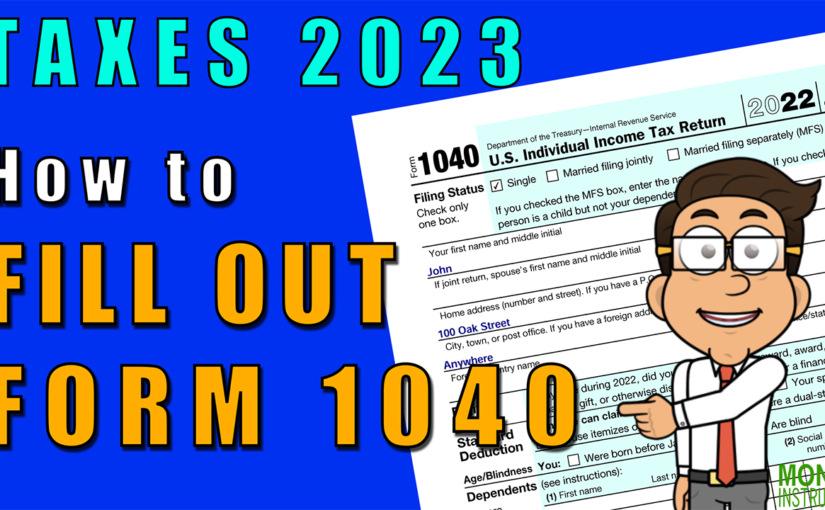7 Key Years to Keep Tax Paperwork

One of the most common questions individuals and small businesses face during tax season is, "How long do I need to keep my tax records?" Understanding the retention periods for tax documentation is crucial not only for compliance with the IRS but also for your own financial planning and dispute resolution. In this comprehensive guide, we'll delve into the key years for which you should keep your tax paperwork, explain why these periods are significant, and outline the different types of records you need to maintain.
Why is Record Keeping Important?

The process of keeping detailed and accurate tax records offers several benefits:
- Proof of Income: Provides documentation for income reported on tax returns, which can be essential for audits or disputes.
- Deduction and Credit Verification: Ensures you have evidence for all deductions and credits claimed to prevent overpayment during an audit.
- Tax Planning: Allows for better tax planning by reviewing past records to predict future tax obligations.
- Legal Protection: Protects against potential legal issues by having accurate financial documentation available.
Federal Tax Paperwork Retention Periods

The IRS recommends keeping records for at least three years from the date you filed your tax return or two years from the date you paid the tax, whichever is later. However, several scenarios call for extended retention:
- Three Years: This is the basic rule for tax records, as the IRS typically audits returns within three years of filing.
- Six Years: If you omitted income that accounts for more than 25% of the gross income shown on your return, the IRS has six years to audit you.
- Seven Years: Here's why this period is significant:
- Loss or Worthless Securities: If you have any losses from worthless securities or bad debts, keep your records for seven years to substantiate the loss on your tax return.
- Real Property: You must keep records for seven years after you sell or dispose of real estate to prove the basis in the property for capital gains purposes.
- Indefinitely: If you file a fraudulent return or don't file a return at all, you could be on the hook indefinitely. This is an extreme scenario, but one to be aware of.
📌 Note: If you have employees or engage in foreign financial activities, you might need to retain records longer due to different filing requirements.
State and Local Tax Retention Periods

While federal guidelines provide a foundation, state and local regulations might require longer periods of retention:
| State | Retention Period |
|---|---|
| California | Four years |
| New York | Three years |
| Texas | No specific state retention requirement |

Your state's rules might affect how long you must keep your tax records, particularly if they have different audit periods or tax-related filings.
Types of Tax Records to Keep

Here are the types of records you should retain:
- Income Documentation: W-2s, 1099s, K-1s, receipts for alimony payments, and bank statements.
- Expense Records: Receipts, invoices, and credit card statements to support deductions or credits.
- Home Office Deductions: Proof of expenses for maintaining a home office, including utilities, rent, or mortgage interest.
- Investment and Property Records: Purchase and sale receipts, depreciation records, and capital improvements.
- Health-Related Documentation: Medical bills, insurance statements, and receipts for health-related expenditures.
🚨 Note: Always retain copies of your tax returns themselves, as they provide a summary of your tax situation for each year.
Using Digital Records and Storage

Modern technology allows for digital record keeping, which can be as secure as paper records:
- Digitize Your Records: Scanning or photographing records and storing them in cloud storage or encrypted drives.
- Regular Backups: Ensure that digital records are backed up regularly to prevent loss due to hardware failure or cyber-attacks.
- Security: Use strong encryption and secure passwords for any online storage solution.
- Paper Trail: Even if you have digital records, retain the originals of key documents until you're sure of their legal and tax validity.
The adoption of digital records offers ease of access, quick retrieval, and space-saving benefits, but it requires diligence in managing security and backups.
As we reach the end of our discussion on the key years to keep tax paperwork, it's clear that understanding the specific retention periods and types of records required can save you from unnecessary penalties or legal issues. Whether you are an individual or a small business owner, the retention of your tax records goes beyond compliance; it's an integral part of your financial health, providing peace of mind and protection. By following these guidelines, you can navigate tax seasons with confidence, knowing your records are organized and ready for any audit or financial review.
What should I do if I’m missing a document needed for my tax return?

+
If you’re missing a document, you can contact the issuer (e.g., employer, bank) to request a duplicate or search your digital or physical archives. If the document is truly lost or unattainable, discuss with your tax preparer or research allowable methods to estimate or obtain substitute documentation.
Can the IRS audit returns from any tax year?

+
The IRS has a standard three-year period to audit most tax returns, but this can extend to six years if you fail to report significant income. In cases of fraud or non-filing, there’s no time limit for an audit.
Should I keep all tax records indefinitely?

+
Not necessarily. While some records may need to be kept indefinitely, such as records related to the sale of property or fraudulent returns, most can be purged after the appropriate retention period (typically three to seven years). However, retaining key documents or at least summaries of your tax history is beneficial for long-term financial planning.